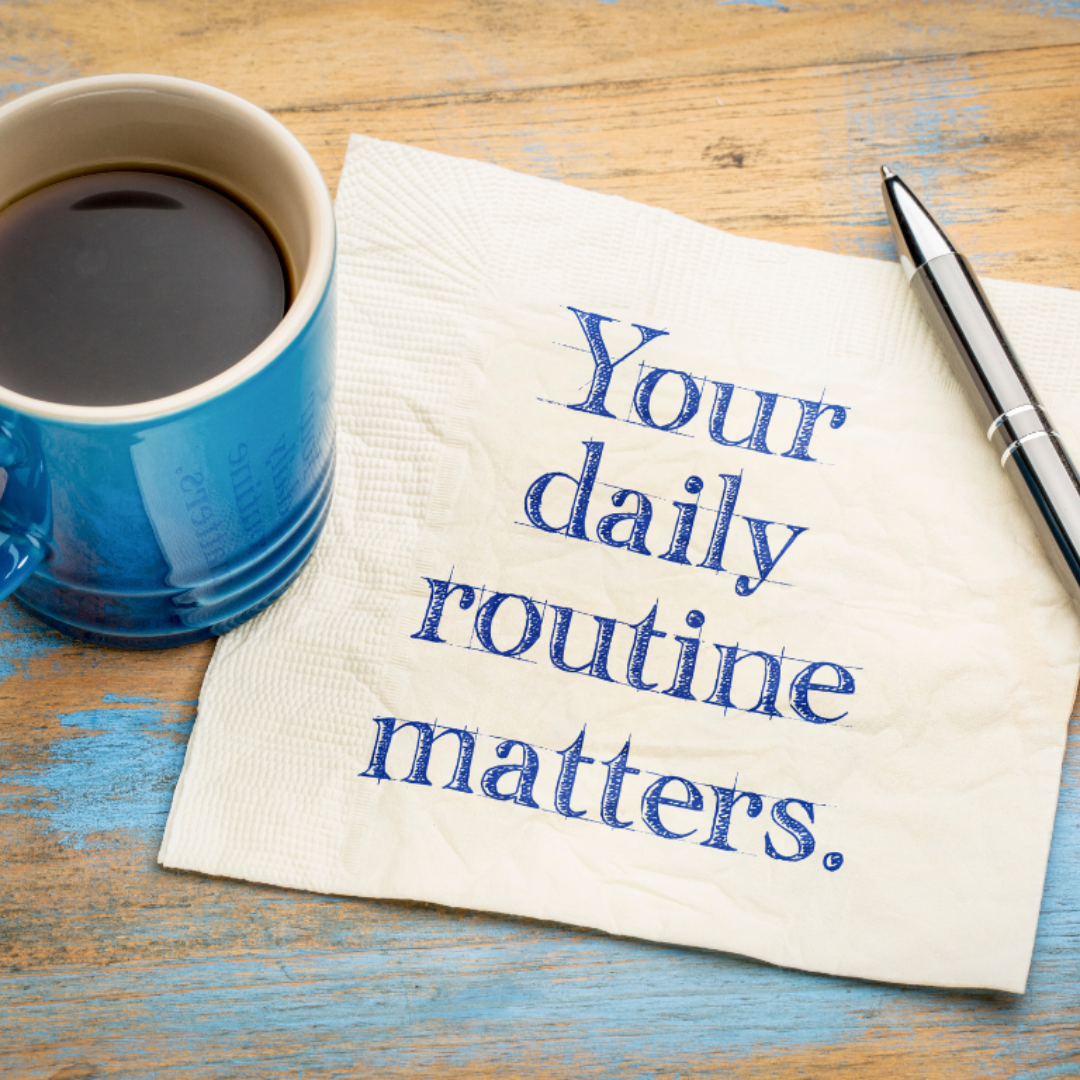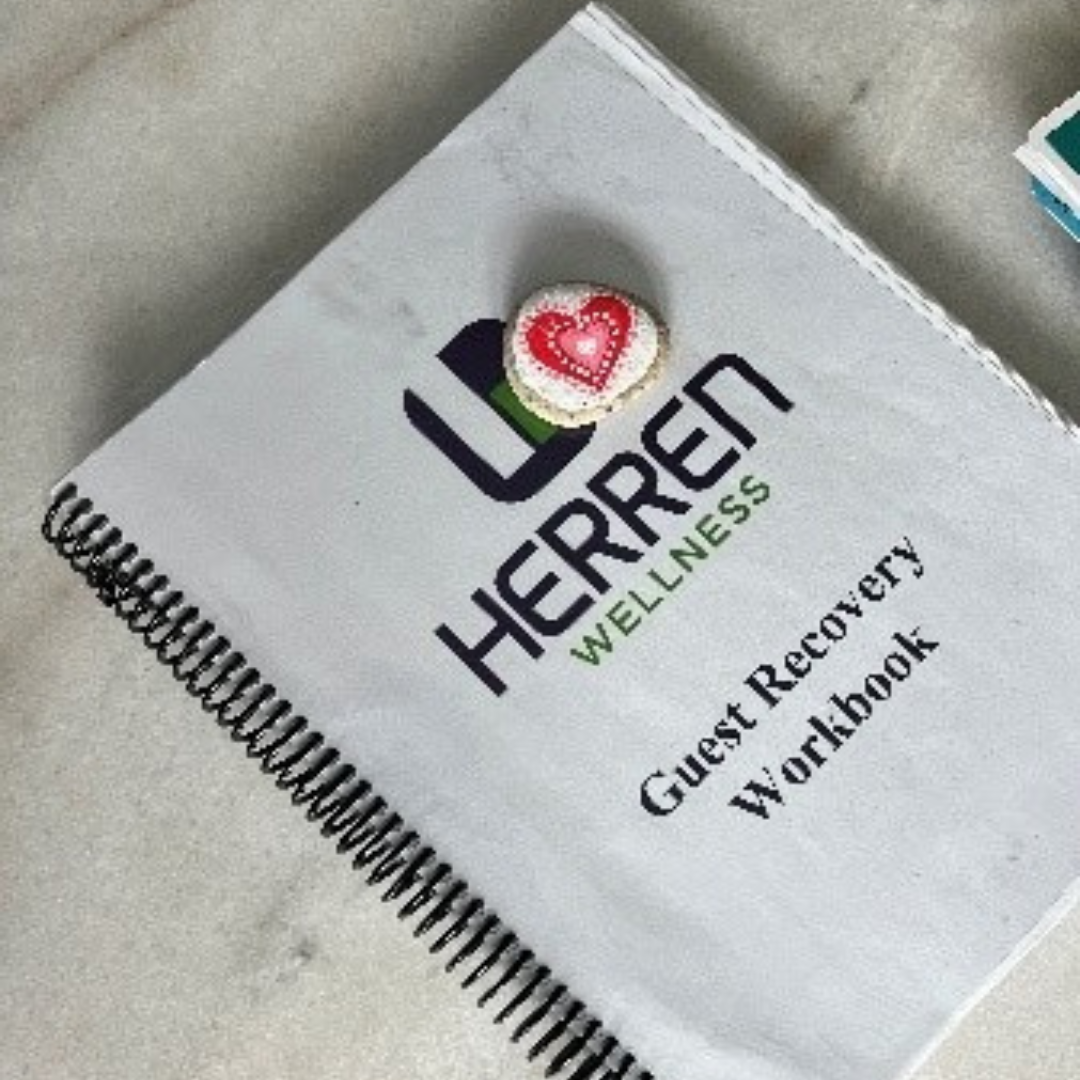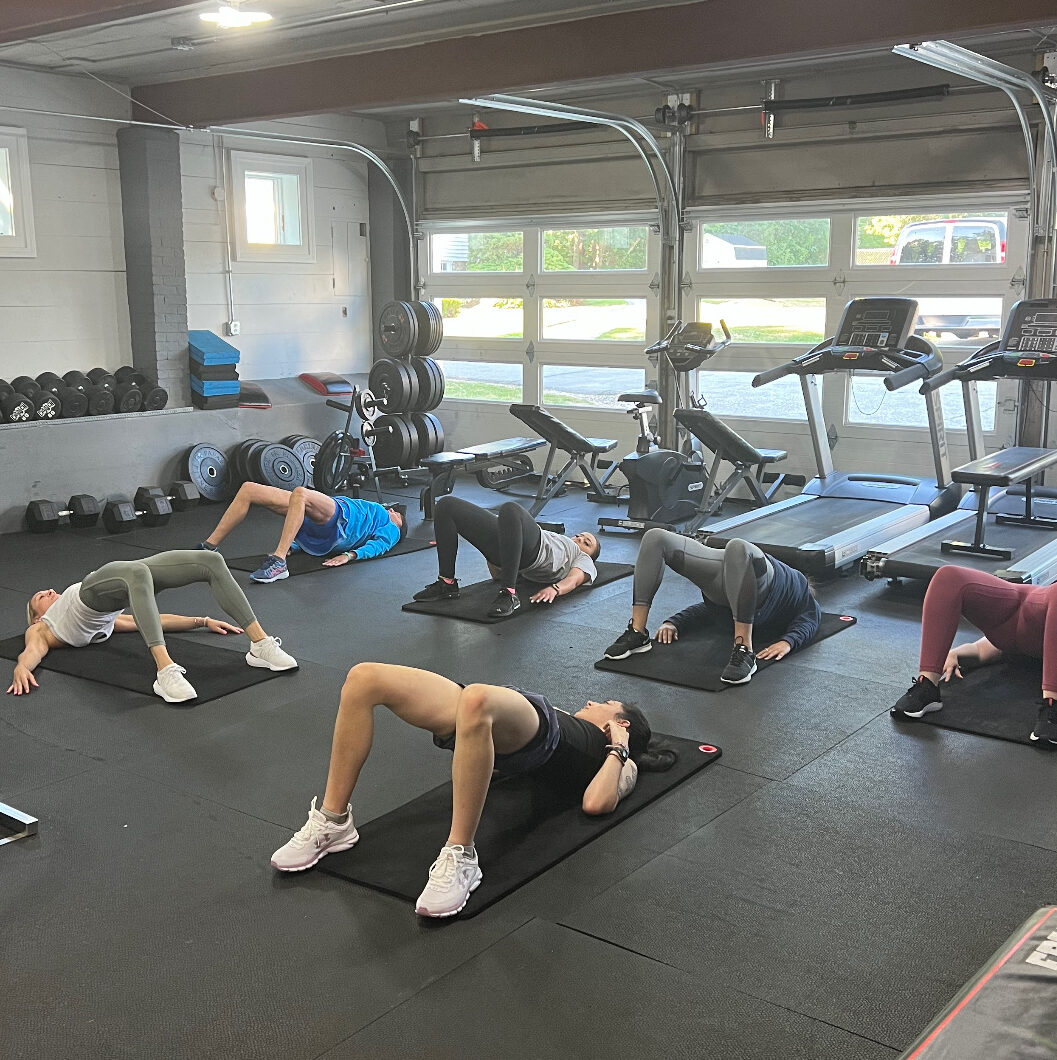
Image Credit: @marekuliasz
The journey from addiction to recovery is often described as a path to freedom. In the grip of addiction, life becomes like a prison, confined by the relentless demands of substance use.
In recovery, those prison walls crumble and offer the freedom to build a life aligned with your true values and aspirations. No longer controlled by substances, you’re free to pursue meaningful work, cultivate genuine connections, explore new passions, and rediscover parts of yourself long buried under the chaos of substance use.
This freedom isn’t just about what you can do – it’s about who you can become. Recovery offers the liberty to grow, to heal, to dream, and to create a life that reflects your authentic self. In recovery, you’re not just free from substances; you’re free to become the person you were always meant to be.
Three powerful tools for building this new life are establishing healthy routines, developing a comprehensive wellness plan, and setting meaningful goals. These key elements work together to support your journey of recovery and help you thrive.
The Importance of Routine in Recovery
Establishing a consistent routine is one of the most powerful recovery tools. While it may seem simple on the surface, the impact of a well-structured daily routine can be profound and far-reaching. Let’s look deeper into why routine is so crucial and how it supports long-term recovery.
Creating Stability in Chaos
For many individuals, addiction is characterized by chaos and unpredictability. Days revolve around obtaining and using substances, often at the expense of basic self-care, responsibilities, and relationships. This instability can persist into early recovery, leaving individuals feeling adrift and vulnerable to relapse.

A structured routine acts as an anchor, providing a sense of normalcy and predictability. It helps to create a new “normal” that doesn’t involve substance use, replacing chaos with order and purpose. This stability can be incredibly comforting and reassuring, especially during the challenging early days of recovery.
Building Healthy Habits
Recovery isn’t simply about stopping the use of substances, although that is an essential first step. Recovery is about replacing unhealthy patterns, habits, thoughts, and behaviors with positive, healthy ones. A well-designed routine incorporates activities that support physical and mental health, such as regular exercise, balanced meals, adequate sleep, and time for relaxation and self-reflection.
Over time, these activities become habits – automatic behaviors that don’t require as much conscious effort or willpower. This is crucial in recovery, as it helps reduce the likelihood of becoming ensnared by triggered or cravings.
Reducing Decision Fatigue
Every decision we make throughout the day requires mental energy. For someone in recovery, particularly early recovery, who may be dealing with intense cravings or emotional turmoil, this energy is a precious resource. Decision fatigue can lead to poor choices, impulsivity, and increased vulnerability to relapse.
A consistent routine reduces the number of decisions you need to make each day. When you know that you always meditate at 7:00am, attend a meeting at noon, and go for a walk at 6:00pm, you don’t have to expend precious mental energy deciding what to do next, or whether you should do it. This frees up cognitive resources for managing cravings, processing emotions, and working on personal growth.
Filling the ‘Void’ Left by Addiction
When you stop using substances, many people find themselves with a lot of empty time on their hands. This can be uncomfortable and even triggering. A structured routine helps fill this void with meaningful activities. It ensures that days are purposefully planned, reducing boredom and idle time that might otherwise lead to thoughts of using.

Rebuilding Self-Esteem and Self-Efficacy
Addiction erodes one’s sense of self-worth and ability to manage life’s responsibilities. Consistently following a routine, even a simple one, can help rebuild these crucial aspects of recovery.
Each day that you successfully follow your routine is a small victory. Over time, these victories accumulate, boosting your confidence in your ability to manage your life and maintain your recovery. This increased self-efficacy can be a powerful motivator to continue on the path of recovery.
Improving Sleep and Circadian Rhythms
Many people with substance use disorder struggle with disrupted sleep patterns. A consistent routine, particularly around bedtime and wake-up times, can help regulate your body’s natural circadian rhythms. Improved sleep quality can have cascading positive effects on mood, cognitive function, and overall health.
Creating Space for Reflection and Growth
A well-designed routine should include time for activities that promote self-reflection and personal growth. This might include journaling, meditation, yoga, reading recovery literature, or working on step work. Consistently engaging in these practices can deepen your understanding of yourself and your recovery journey.
Developing a Comprehensive Wellness Plan
Nurturing every aspect of your health and well-being is essential in recovery. A comprehensive wellness plan addresses physical, mental, emotional, and spiritual needs. By tending to each of these areas, you create a strong foundation for lasting recovery and a more satisfying and enriching life.
Physical wellness: In addition to a balanced diet and regular exercise, consider including activities like yoga or tai chi that connect mind and body. Stay on top of regular medical check-ups and dental care, which may have been neglected during active addiction. Explore holistic therapies like acupuncture or massage that can support overall health and stress reduction.
Mental wellness: Engage in activities that challenge and stimulate your mind. This might include reading, taking classes, learning a new language, or picking up a mentally engaging hobby like chess or crossword puzzles. Practice mindfulness techniques to improve focus and reduce anxiety. Consider working with a therapist to address any underlying mental health issues or traumas that may have contributed to your addiction.

Emotional wellness: Learn and practice healthy coping skills for managing difficult emotions. This might include journaling, art therapy, or talking with a trusted friend or sponsor. Work on identifying and expressing your feelings in constructive ways. Cultivate self-compassion and learn to celebrate your progress in recovery, no matter how small it may seem.
Spiritual wellness: Whether or not you follow a specific religious tradition, nurturing your spiritual side can provide meaning and purpose in recovery. This might involve meditation, prayer, spending time in nature, or engaging in volunteer work. Explore philosophical or spiritual writings that resonate with you and consider joining a supportive spiritual community.
Remember that wellness is a journey, not a destination. Your plan should be flexible and evolve as you grow in your recovery. Regular check-ins with yourself or a trusted advisor can help you assess what’s working and what areas might need more attention.
Setting Meaningful Goals in Recovery
Goal-setting is a powerful tool for creating the life you want in recovery. It provides direction, motivation, and a sense of accomplishment as you work towards your aspirations. When setting goals in recovery, consider both short-term and long-term objectives across different areas of your life.
- Start with your recovery itself. What steps do you need to take to maintain and strengthen your sobriety? This might include attending a certain number of meetings each week, working through the steps with a sponsor, mentor, or spiritual advisor, or reaching out to support others in recovery or through volunteer work.
- Think about your personal growth and development. What skills or qualities would you like to cultivate? Perhaps you want to improve your communication skills, develop greater emotional resilience, or learn to set healthy boundaries in relationships.
- Consider your professional or educational goals. Maybe you want to go back to school, change careers, or advance in your current field. Break these larger goals down into smaller, actionable steps that you can work on consistently.
- Don’t forget about your relationships and social life. Set goals for rebuilding trust with loved ones, making amends where needed, or cultivating new friendships with people who support your recovery.
- Think about what you do for fun and fulfillment. What activities or experiences would bring more joy and meaning to your life? Perhaps you want to travel, learn a new instrument, or take up a creative hobby
- When setting goals, use the SMART framework: make them Specific, Measurable, Achievable, Relevant, and Time-bound. Write your goals down and review them regularly. Celebrate your progress along the way, and don’t be afraid to adjust your goals as your needs and circumstances change.
Putting It All Together: Your Blueprint for a Fulfilling Life in Recovery
By combining a structured routine, a comprehensive wellness plan, and meaningful goal-setting, you create an empowering blueprint for building a life you love in recovery. These elements work synergistically to support your sobriety and overall well-being:

- Your daily routine provides the structure and stability that keeps you on track. It ensures that you’re consistently taking care of your basic needs and making time for recovery-supporting activities.
- Your wellness plan fills that routine with practices that nurture your physical, mental, emotional, and spiritual health. It helps you build resilience, manage stress, and cultivate a sense of balance and well-being.
- Your goals give you something to strive for, infusing your days with purpose and direction. They help you envision and create a future that’s exciting and worth staying sober for.
Remember that building this new life takes time and patience. There will be challenges and setbacks along the way, but each day in recovery is an opportunity to learn, grow, and move closer to the life you want to live.
Don’t be afraid to ask for help when you need it. Lean on your support network, work with a therapist or recovery coach, and stay connected to your recovery community. They can provide guidance, encouragement, and accountability as you navigate this journey.
Your new life in recovery is waiting – it’s time to start building it, one day at a time.
About Herren Wellness
Herren Wellness is a thriving community of people at all stages in their recovery journey. We introduce holistic therapies and strategies centered around emotional, physical, and spiritual wellness, in addition to life coaching sessions, family support and an individualized wellness plan to provide a solid foundation in recovery from alcohol and substance use.
We believe that staying connected and community has a lasting impact on recovery, and encourage all alumni to participate in our weekly alumni meetings, seasonal events and annual retreat. Your connection to Herren Wellness doesn’t end when your stay ends; we are there for you throughout your recovery journey.

If you, or a loved one are struggling with substance use, why wait? Please call us at (844) 443-7736, email us at info@herrenwellness.com, or fill out a contact form. You are not alone.





